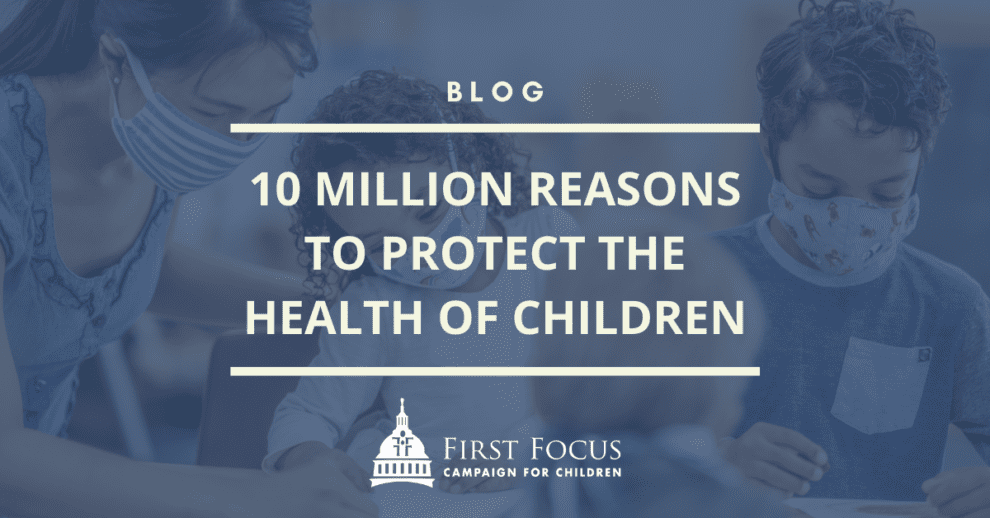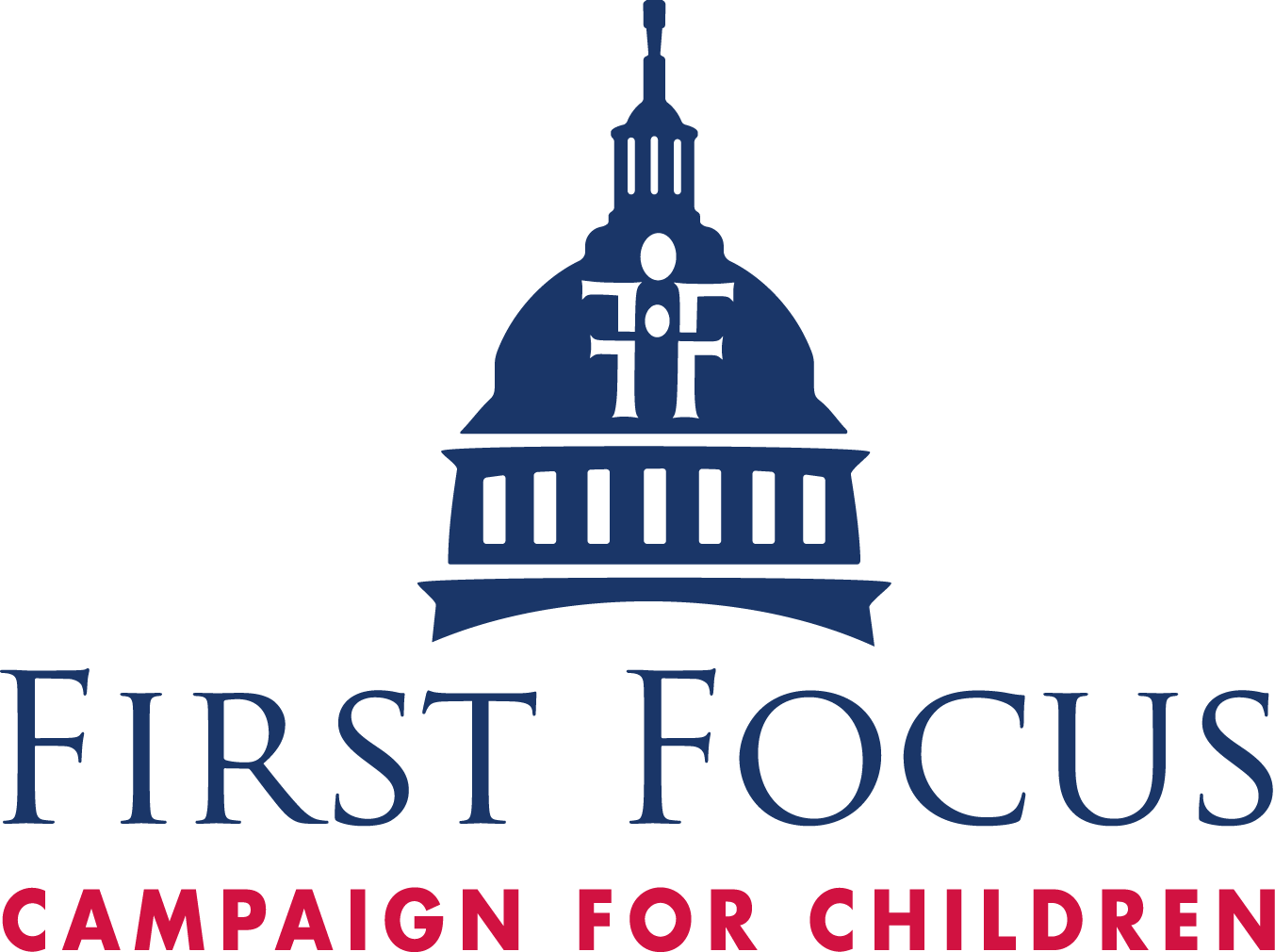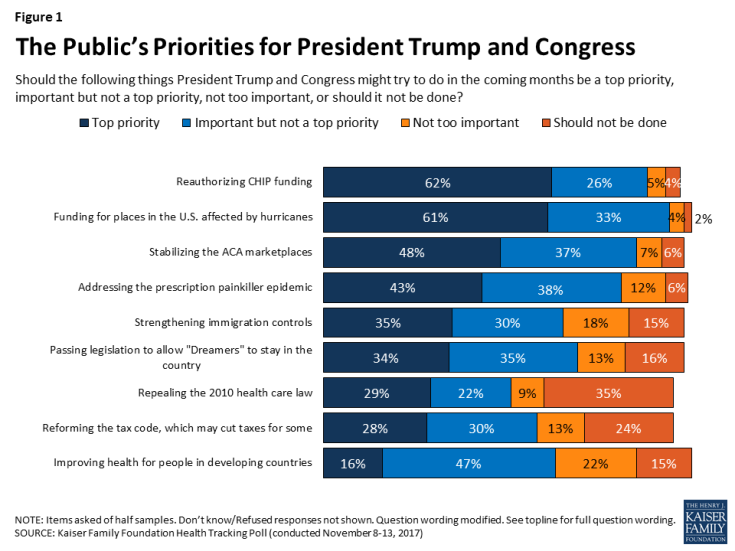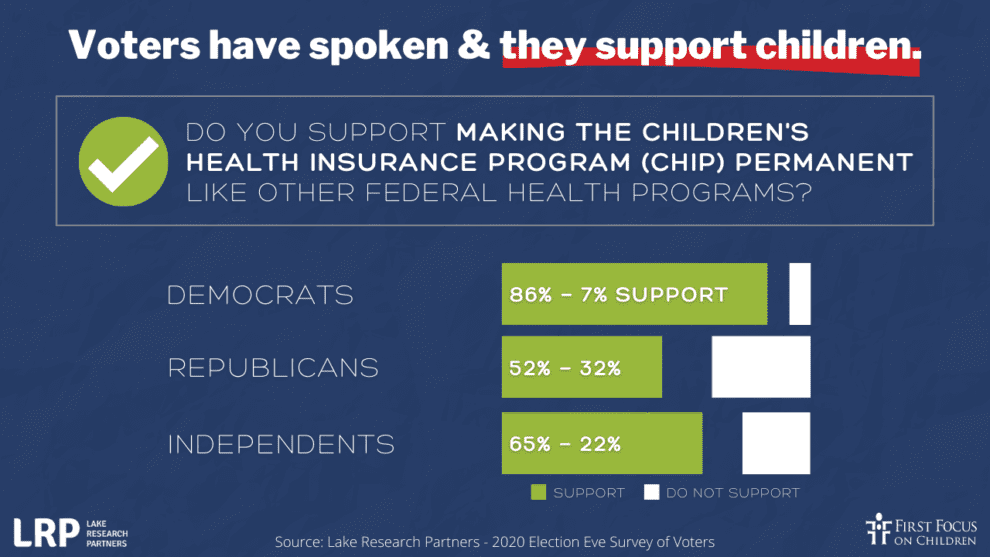
We should never gamble with or play politics with the health of millions of children.
Therefore, to protect the health security and well-being of 10 million children, Rep. Nanette Barragán (D-CA) has introduced H.R. 1791, the Children’s Health Insurance Program Permanency (CHIPP) Act with 8 cosponsors, and Rep. Vern Buchanan (R-FL) has introduced H.R. 66, the Comprehensive Access to Robust Insurance Now Guaranteed (CARING) for Kids Act, with Rep. Lucy McBath (D-GA).
We should never gamble with or play politics with the health of millions of children.
These bills would make the Children’s Health Insurance Program (CHIP) permanent, just like Medicare and Medicaid, and thereby ensures that the 10 million children that receive health insurance through CHIP will never have to worry that their coverage might expire in mid-year and in the midst of health care treatment again.
Unfortunately, CHIP has faced far too many near-death experiences in the past and left families, providers, and states forced to create contingency plans for the care and coverage of children. The health care of children is too important to their lives and well-being to allow it to be threatened or put at risk ever again.
Back in 2017, CHIP was scheduled to expire at the end of September. Despite an enormous push by parents, child advocates, health care groups, and governors from all across the country with no real opposition, Congress and President Donald Trump allowed CHIP to expire for four long months. This neglect, once again, threatened the health coverage of 10 million children and pregnant women across this country.
Although polling in November 2017 found an overwhelming 88 percent of American voters felt that CHIP should be a top or important priority of President Trump and Congress and there were dire warnings about the negative consequences that failure to extend CHIP would have on coverage, Congress and President Trump failed to act.
President Trump, who tweeted about nearly everything else during his presidency only once even mentioned CHIP but did so inaccurately.
Even worse, after the effort to abolish the Affordable Care Act (ACA) was defeated and the tax cuts were enacted, CHIP remained in limbo as some Members of Congress used CHIP as a “bargaining chip” to push for unrelated budget or immigration policies.
At the time, Linda Nablo, the chief deputy director of the Virginia Department of Medical Assistance Services explained:
CHIP is being used as a pawn in larger debates and negotiations. It has fallen victim to the dysfunction and partisanship in Congress.
To mitigate harm, Congress passed three separate funding extensions and finally reached an agreement on a budget deal to ensure CHIP’s ultimate reauthorization on February 9, 2018 (more than four months or 132 days after it had initially expired).
This should never happen again. The lives and well-being of children should never be used as a bargaining chip.
Enactment of the language in the CHIPP or CARING Act would ensure that the health coverage of children is no longer subjected to arbitrary deadlines and funding cliffs that lead to chaos, distress, and anxiety for families all across this country.
In 2017, Myra Gregory described the threat that the CHIP funding expiration posed for her 11-year-old son Roland, who was diagnosed with lung cancer. In her editorial in the St. Louis Post-Dispatch, Gregory described the frustration and desperation CHIP’s expiration placed on her family and her son’s treatment:
I understand that our society is divided right now. I understand that Republicans and Democrats can have honest differences of opinion. What I cannot understand is how the U.S. Congress could make the health security of kids like Roland a guessing game, and their lives bargaining chips. Watching my baby fight for his life this past year has been agonizing. I’ve held him in my arms while he cries in pain, I’ve experienced anxiety and stress I thought I would never overcome, and I have had to have conversations with Roland’s younger brothers that no child should have to have. I have always known that our situation could get worse, but I never imagined that Congress would be an obstacle in my son’s battle with cancer.
Making CHIP permanent provides much-needed health security to children and families so that children with cancer, heart conditions, asthma, or other chronic illnesses do not have their care disrupted because of political neglect.
The CHIPP or CARING Act language should also be passed simply as a matter of fairness. Congress would never allow the health coverage of senior citizens, veterans, or even their own health care coverage to be subjected to repeated expirations as they do for children. In fact, every other federal health coverage program, including Medicare, Medicaid, the Federal Employees Health Benefits Program (FEHBP), health care for veterans, military health coverage (TRICARE), and private employer health care tax credits, are permanent and don’t have arbitrary expiration dates. There is just one federal health coverage program that faces periodic extinction, and it is the Children’s Health Insurance Program.
By making CHIP permanent, Reps. Barragán and Buchanan remove this threat to the health coverage of 10 million children. In addition, their bills give child advocates, Congress, and state administrators of the program the ability to actually work on improving the health of our nation’s children.
Unfortunately, over the years, the attention of Congress, child advocates, health care providers, and states has largely been focused on the need to protect CHIP from repeated threats rather than focusing on program innovation and other important child health issues, such as:
- Covering all children/reversing the recent rise in uninsured children;
- Long-term implications of COVID-19 to child health;
- Rising health care costs;
- Infant and maternal mortality;
- Racial and ethnic disparities;
- Childhood cancer;
- Developmental screenings and services;
- Children with special health care needs;
- Rising suicide rates;
- Mental and behavioral health;
- Substance abuse;
- Impact of opioids on children;
- Fetal alcohol syndrome;
- Diabetes;
- Asthma;
- Oral health;
- Vision care;
- Preventive services;
- Emergency medical services;
- School-based health services;
- Immunization rates;
- Teenage pregnancy;
- Pediatric medical research;
- Access to care; and,
- The social determinants of health.
Both the CHIPP Act and CARING Act would allow Congress, child advocates, health care providers, and states to work on ways to improve the health of our nation’s children rather than having to plan and contingency plan for CHIP’s possible demise, work to extend current law, and having to deal with repeated and unnecessary battles to simply extend the status quo. Over its 23-year history, CHIP has needed at least 25 different laws to either address funding shortfalls in the early years or to simply extend the program in the last 14 years, including the four different laws in 2017–2018. This has been a colossal waste of time and energy, and again, something that Congress would never impose upon the health of senior citizens, veterans, or their own health care coverage.
That should never be allowed to happen again.
There is also urgency around the issue of making CHIP permanent now. The potential crisis is caused by the fact that the Congressional Budget Office (CBO) and Joint Committee on Taxation (JCT) scoring of CHIP is highly dependent upon its interaction with other health programs, including the ACA, Medicaid, private insurance, and becoming uninsured.
In 2018, CBO and JCT estimated that retaining health coverage for the millions of children enrolled in CHIP is more cost effective and efficient than the alternatives for children. According to estimates by CBO and JCT:
Extending funding for CHIP for 10 years yields net savings to the federal government because the federal costs of the alternatives to providing coverage through CHIP (primarily Medicaid, subsidized coverage in the marketplaces, and employment-based insurance) are larger than the costs of providing coverage through CHIP during that period. . . The agencies estimate that enacting such legislation [to extend CHIP for 10 years] would decrease the deficit by $6.0 billion over the 2018–2027 period.
Therefore, if Congress were to act to pass the CHIPP Act or CARING Act and protect CHIP now, it would likely be “scored” to save the federal government money, which would eliminate the need for offsets. In other words, maintaining CHIP would be less expensive to the federal government than shifting children’s coverage to the alternatives of ACA, Medicaid, or private insurance.
Unfortunately, if Congress fails to act now, administrative actions or other legislation before Congress could alter the ACA and potentially change the CHIP score for the negative. Recognizing these facts, the bills by Reps. Barragán and Buchanan would simultaneously protect the health of 10 million children and lock in savings that CHIP offers in comparison to alternative coverage.
Finally, the coronavirus global pandemic has made it clear that CHIP coverage is critical and that it would be a terrible distraction if it were up for expiration at this moment in time. We need federal and state health departments to be entirely focused and attentive to the critically important task of ending the coronavirus pandemic, including addressing the unique needs of children in this crisis. However, if CHIP were up for expiration, states would have no choice but to be diverting some of their attention toward preparing and contingency planning for the possible temporary expiration or end of CHIP.
CHIP has been a bipartisan success story and deserves to be made permanent. CHIP was originally passed by a Republican House and Senate and signed into law by Democratic President Bill Clinton in 1997. The program, in tandem with Medicaid, successfully cut the uninsured rate in this country by more than 70 percent between 1997 and 2015.
Just as Medicare is dedicated to protecting the health of senior citizens, CHIP works because it is child friendly. Children and families can count on CHIP to be pediatric-focused with benefits and services that address children’s developmental needs and with networks that are pediatric-centered. Every single decision made in CHIP is made with children as the central focus. This is important because children are not little adults. Kids have unique developmental needs, which is why we have pediatricians, pediatric nurse practitioners, and children’s hospitals that specialize in their care and treatment.
This is why, in a Lake Research Partners 2020 election eve poll, a more than 3-to-1 margin of American voters (68–20 percent) strongly support making CHIP permanent.
Children deserve better than temporary or second-class consideration. Like Medicare and health care coverage that Members of Congress receive, the health care coverage of 10 million children should be protected by making CHIP permanent. Congress can do this by passing the CHIPP and CARING Act legislation.
Please call your Member of Congress and senators and ask them to MAKE CHIP PERMANENT … NOW.



